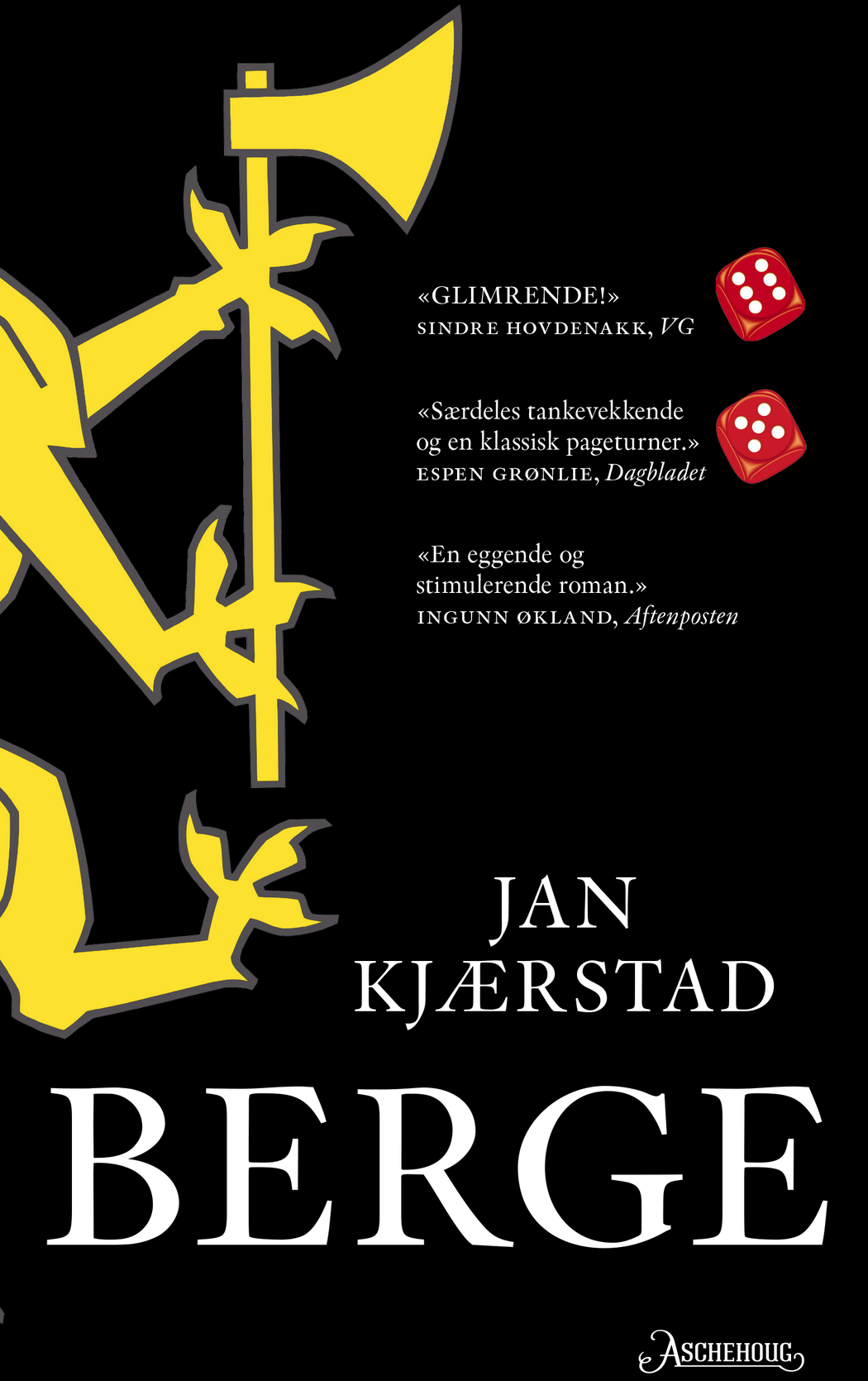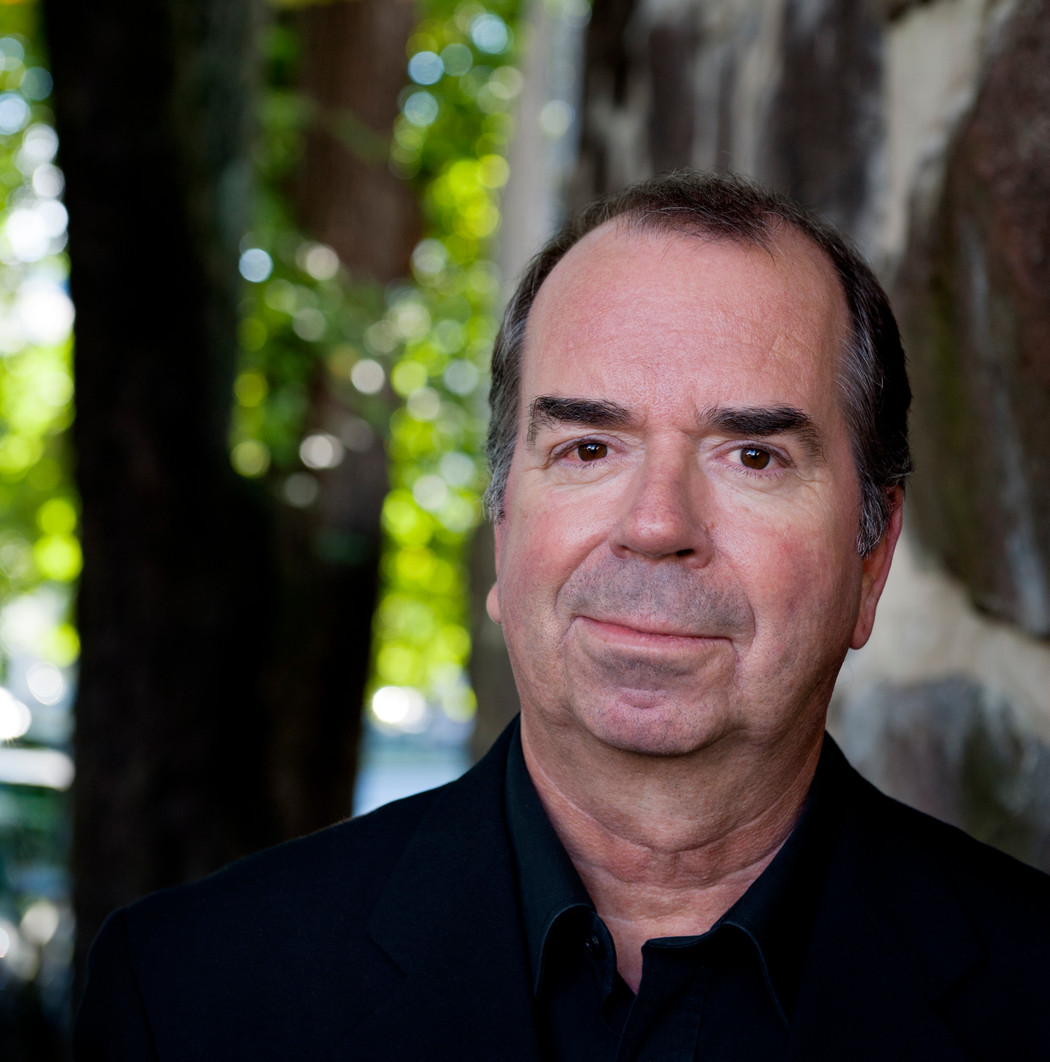Berge
Berge
On a warm day in August 2008, Labor Party minister Arve Storefjeld and several members of his family, are found murdered in their family cabin at Blankwater, in the Nordmarka forest. Five people with their throats slit. Everyone thinks terrorists are behind the atrocity.
Journalist Ine Wang has felt out of touch lately. But the Storefjeld murders changes everything.
Judge Peter Malm lives a withdrawn life and attends his hobbies in happy solitude. The last thing he wants is attention drawn to himself because of a case.
Nicolai Berge was head over heels in love with Gry, Arve Storefjeld`s daughter, for years. Then she broke up with him. Now she is dead.
The most unlikely things happen in this world, again and again. Yet, we are never prepared for them. Berge is a story of horrible events, told from three different points of view. A journalist, a judge and an ex-boyfriend. Without touching upon the July 22nd attack in Norway, Berge is a novel that would not have been written without it.

‘(…) Jan Kjærstad dismantles some of the biggest myths, traumas and archetypes in recent Norwegian history. The result is one of the strongest novels he’s ever written. I dare to name Berge a certain winner of the 2017 book fall.’
VG, 6 out of 6 stars
‘Probably this year’s most important Norwegian novel.’
Hamar Arbeiderblad, 6 out of 6 stars
‘Kjærstad has written one of his best novels to date.’
NRK
